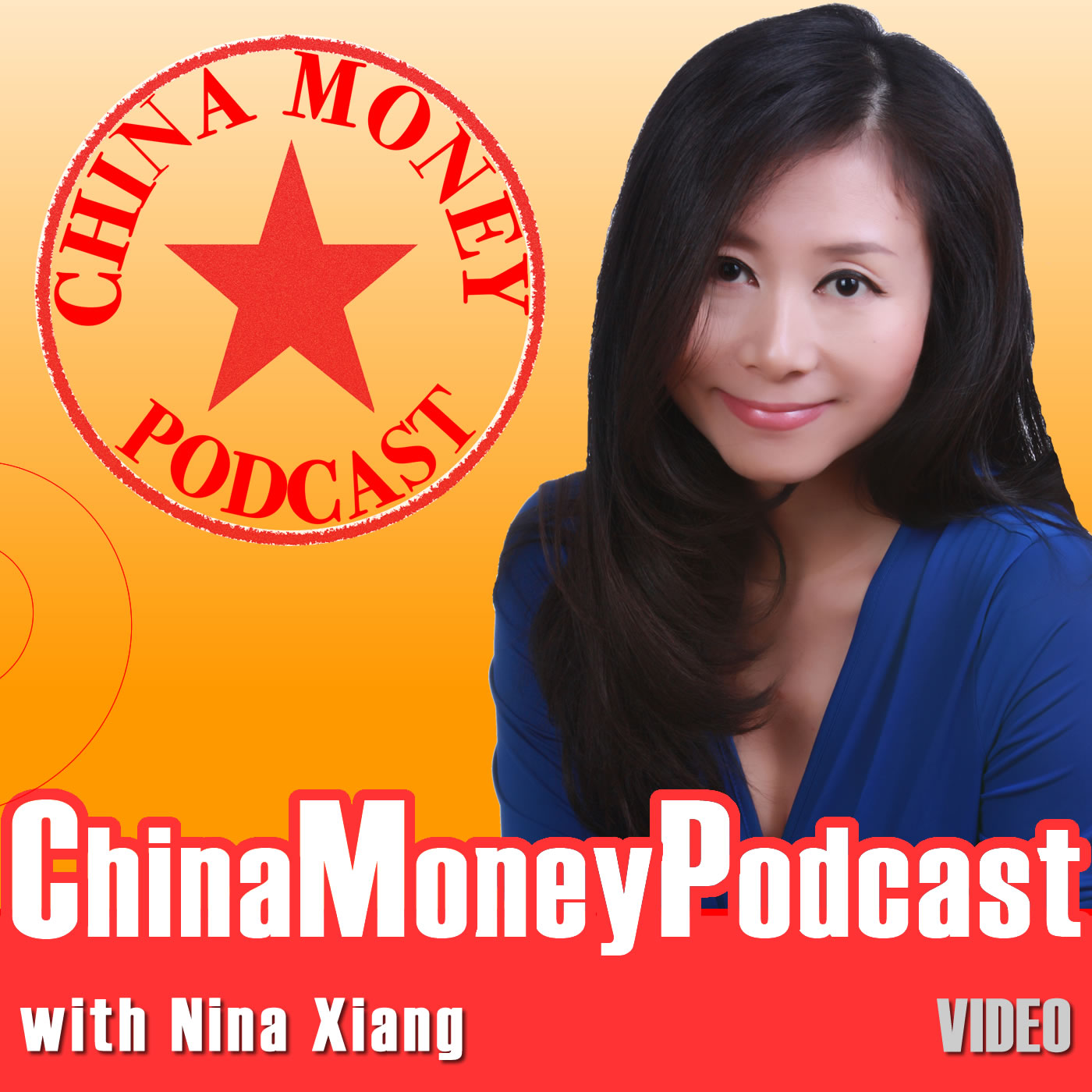Jenny Gao: Betting On The Future of China’s Dagong Credit Rating In Europe

http://www.youtube.com/watch?v=BxOpT-xrD_k In this episode of China Money Podcast, guest Jenny Gao, managing partner of Mandarin Capital, talks about how her fund helped an Italian company to penetrate the Chinese market, and why she is betting on the future of China's Dagong Global Credit Rating's future in Europe. Listen to the full interview in the audio podcast, watch an abbreviated video version, or read an excerpt. Q: You are only the second female guest on our program's one-and-half-year history. So let's start with your personal career. You initially worked at one of China's three policy banks, the Export and Import Bank of China. How did you get into the private equity industry? A: I worked at the Export and Import Bank of China (Exim Bank) ever since the beginning of its operation in 1994. The Bank is very much involved in the business of providing loans to Chinese companies to invest abroad, as well as undertaking big construction contracts and exporting machinery goods. During that time, I accumulated lots of networks among big Chinese State-Owned Enterprises and big Chinese private companies that were engaged in China's "Go Global" businesses. When Mandarin Capital Partners was set up in 2007, my managing partner, Alberto Forchielli, asked Exim Bank to provide the best support in terms of talent to support the fund's business in China. I was picked by the Exim Bank's management to work at Mandarin, and that's how I started doing private equity. Q: In way of background, Exim Bank is one of three major investors in Mandarin's first fund. The other two being China Development Bank and the second largest Italian bank, Intesa San Paolo? A: Yes, they were the three cornerstone investors and each provided EURO 75 million in the fund. At the end of 2007, we raised EURO 328 million in total. Q: From my previous conversation with Alberto Forchielli, Mandarin Capital's strategy, as I understand it, is to invest in China-Europe cross border deals, helping Chinese companies to expand in Europe and European companies to explore the Chinese markets? A: Exactly. To be more specific, we invest in Chinese companies, and then help them to expand in Europe through mergers and acquisitions, or finding strategic partners. Vice versa, we invest in European companies, and help them expand in China through M&A, building a joint venture or investing in green field investments. We see strong synergies between such team-up. Q: Can you give us a specific example to illustrate your strategy? A: We invested in an Italian company called Dedalus. Its main business is to make medical software for hospitals and other healthcare related institutions. One of the major products is the platform software that can link hospitals, drug stores, government agencies and insurance companies together, so that all of these institutions can efficiently exchange data and information to improve efficiency of the whole healthcare system. The company has already successfully implemented four platform software systems in Italy. In China, this kind of software started only two years ago. This market is in a very early stage. China just began implementing similar software for medical records. So Dedalus' technology is very relevant to the Chinese market. But Dedalus is a medium sized company, and couldn't navigate the Chinese market by itself. After we became a shareholder, we helped them to look at many potential acquisition targets in China. We probably looked at more than 30 medical software companies, and finally we decided to choose Sanwei Technology, a company located at a third tier city in Northern China. The city is an ideal location because it was launching one of the biggest projects in platform software in China. Sanwei became Detalus' China platform to develop the software in Chinese and also to set up a model project in the city. Q: Financially, what kind of targets have Datalus been able to achieve through al...